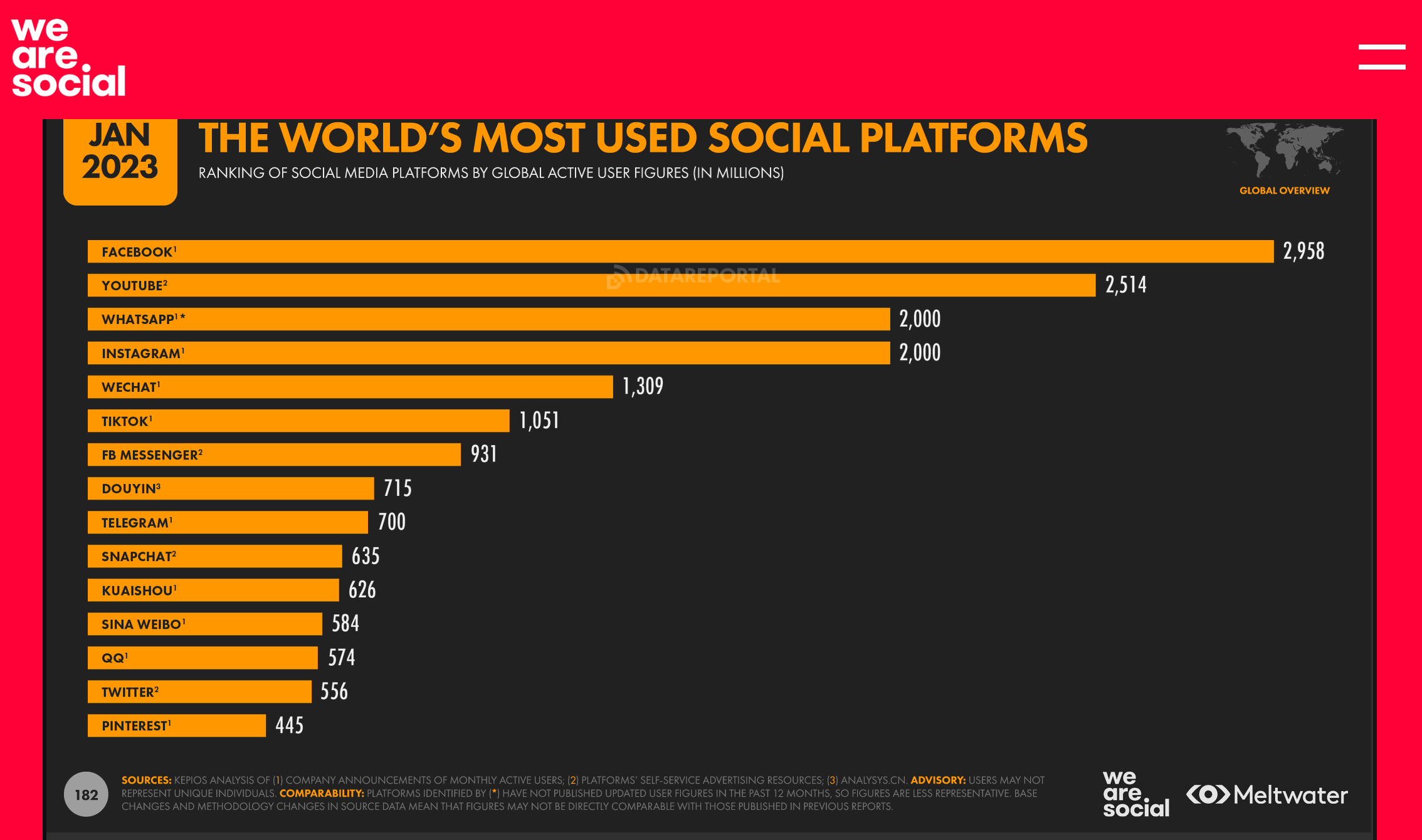The advent of social media has revolutionized the way we interact, communicate, and share information. Platforms like Facebook, Twitter, Instagram, and LinkedIn have become an integral part of our daily lives, with billions of users worldwide. However, the impact of social media on society is a complex and multifaceted issue, with both positive and negative consequences.
On the one hand, social media has provided unprecedented opportunities for global connectivity, allowing people to share ideas, cultures, and perspectives across geographical boundaries. It has enabled real-time communication, facilitating the exchange of information and fostering a sense of community and belonging. Social media has also empowered individuals to express themselves, share their experiences, and connect with others who share similar interests and passions. For instance, social media platforms have been instrumental in mobilizing social movements, such as the Arab Spring and the #MeToo movement, by providing a platform for marginalized voices to be heard and amplifying their messages to a global audience.
Moreover, social media has transformed the way we consume information, with news, entertainment, and educational content readily available at our fingertips. It has also enabled businesses to reach a wider audience, promote their products and services, and engage with customers in real-time. Social media has become an essential tool for marketing, advertising, and customer service, with many companies relying on platforms like Facebook and Twitter to build their brand and increase their online presence.
However, the proliferation of social media has also raised concerns about its impact on mental health, social relationships, and democracy. Excessive social media use has been linked to increased symptoms of depression, anxiety, and loneliness, as well as decreased attention span and reduced face-to-face communication skills. Cyberbullying, online harassment, and the spread of misinformation have become significant concerns, with many individuals experiencing online abuse and discrimination. Furthermore, social media has been criticized for creating “filter bubbles” that reinforce existing biases and perspectives, rather than exposing users to diverse viewpoints and ideas.
The impact of social media on society is also influenced by the algorithms that govern these platforms. These algorithms prioritize content that is likely to engage users, often at the expense of factual accuracy and diverse perspectives. This can create an “echo chamber” effect, where users are only exposed to information that confirms their existing beliefs, rather than being challenged to consider alternative viewpoints. Moreover, the reliance on algorithms can perpetuate biases and discrimination, as these systems often reflect and amplify existing social inequalities.
A key challenge in addressing the impact of social media on society is the need for a nuanced and multifaceted approach. Rather than simply blaming social media for its negative consequences, we need to consider the complex interplay of factors that shape our online experiences and interactions. This includes the design of social media platforms, the algorithms that govern them, and the social and cultural contexts in which they are used.
To mitigate the negative effects of social media, it is essential to promote media literacy, critical thinking, and digital citizenship. This can involve educating individuals about online safety, etiquette, and best practices, as well as promoting a culture of empathy, respect, and inclusivity. Moreover, social media companies must take responsibility for the content they host and the algorithms they use, implementing measures to prevent the spread of misinformation, online harassment, and discrimination.
In conclusion, the relationship between social media and society is complex and multifaceted. While social media has many benefits, including global connectivity, self-expression, and information sharing, it also poses significant challenges, such as mental health concerns, social isolation, and the spread of misinformation. To harness the potential of social media while minimizing its negative effects, we need to adopt a nuanced and balanced approach, one that recognizes both the benefits and drawbacks of these platforms and promotes a culture of responsible, respectful, and inclusive online engagement.
What are the potential mental health impacts of excessive social media use?
+Excessive social media use has been linked to increased symptoms of depression, anxiety, and loneliness, as well as decreased attention span and reduced face-to-face communication skills. It is essential to maintain a healthy balance between online and offline activities and to prioritize face-to-face interactions and meaningful relationships.
How can social media companies address the spread of misinformation on their platforms?
+Social media companies can implement measures such as fact-checking, algorithmic moderation, and user reporting to prevent the spread of misinformation. They can also promote media literacy and critical thinking by providing users with tools and resources to evaluate the accuracy and credibility of online content.
What role can education play in promoting responsible social media use?
+Education can play a critical role in promoting responsible social media use by teaching individuals about online safety, etiquette, and best practices. It can also involve promoting media literacy, critical thinking, and digital citizenship, as well as encouraging users to think critically about the content they consume and share online.
Ultimately, the future of social media and its impact on society will depend on our ability to navigate these complex issues and promote a culture of responsible, respectful, and inclusive online engagement. By working together to address the challenges posed by social media, we can harness its potential to build a more connected, informed, and compassionate world.



